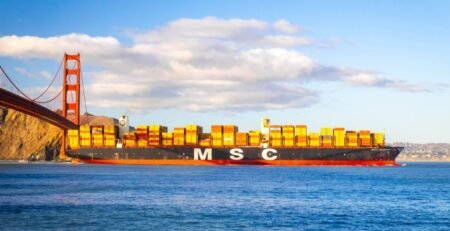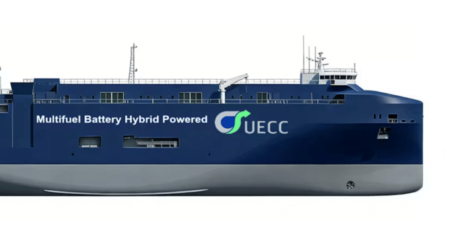Turkish Cargo Adds New Freighter Routes as Trade Flows Shift East

By Maria Kalamatas — August 25, 2025
ISTANBUL — August 25, 2025. At Istanbul’s vast cargo terminal this morning, handlers in reflective vests rushed to load pallets of electronics, textiles, and medical supplies into the belly of a Boeing 777 freighter. The destination board read Almaty, one of four new routes that Turkish Cargo quietly rolled out this week as part of its widening Eurasian network.
The announcement didn’t come with fireworks, but the timing is telling. Demand for dedicated cargo aircraft has been rising again, especially along corridors linking Europe to Central Asia.
“We have been watching shippers struggle for lift,” explained Turhan Özen, CEO of Turkish Cargo, in a briefing with journalists. “By adding capacity where it’s most needed, we aim to keep Istanbul at the center of global flows.”
Why these cities?
Alongside Almaty, Turkish Cargo has added direct freighter services to Prague, Warsaw, and Sofia. All are cities that have seen steady growth in e-commerce imports and industrial exports but lacked stable long-haul cargo connections.
Forwarders in Central Europe say the new flights could cut transit times by as much as 24 to 36 hours compared to existing routes that required multiple transfers.
Istanbul’s role as a bridge
The strategy leans on Istanbul’s geography: perfectly placed between Asia, Europe, and the Middle East. Turkish Cargo already connects to more than 340 destinations worldwide, making it one of the top five carriers globally in freight tonne kilometers. The extra freighter capacity, analysts argue, will cement its role as a transfer hub for time-sensitive goods.
“Istanbul is proving it can do for cargo what Dubai did for passengers,” observed Marta Leclerc, an aviation analyst in Paris.
The growth engine: e-commerce
Executives say that e-commerce out of China and intra-European trade are driving the rebound. Freight forwarders cite strong volumes in consumer electronics, pharmaceuticals, and apparel — categories where speed often outweighs cost.
“Many airlines cut freighters when belly capacity returned,” said Leclerc. “Turkish Cargo went the other way, and that gamble is paying off.”
A note on sustainability
The carrier admitted that growth raises questions about its environmental footprint. Turkish Cargo confirmed it has begun talks with partners on sustainable aviation fuel (SAF) supply and is reviewing fleet renewal options. Still, insiders acknowledge that scaling SAF remains a long-term, expensive challenge.
Outlook
For shippers caught between volatile ocean freight and costly express couriers, the extra lift out of Istanbul could be more than symbolic. It represents flexibility, speed, and another option in a market where every hour counts.
As the freighter taxied out under a rising sun, one handler put it simply: “Passenger planes carry people. These planes carry economies.”
The post Turkish Cargo Adds New Freighter Routes as Trade Flows Shift East appeared first on The Logistic News.
Share this post
Related
Posts
Drone attacks disrupt operations at Oman’s major ports
Operations at several major Omani maritime facilities have been disrupted following drone attacks targeting the ports of Duqm and Salalah,...
London marine insurers expand Middle East war-risk zones
Marine insurers in London have expanded the list of high-risk maritime areas in response to escalating hostilities across the Middle...
MSC declares “end of voyage” for Arabian Gulf shipments
Global container shipping leader MSC has declared an “End of Voyage” for all cargo currently bound for ports in the...
UECC strengthens green fleet with two new hybrid car carriers
European vehicle carrier United European Car Carriers (UECC) has confirmed the order of two new multi-fuel battery-hybrid Pure Car and...





